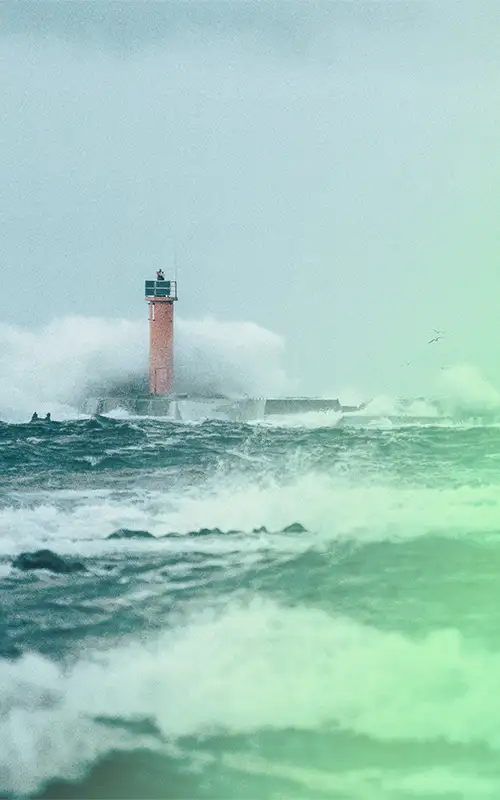Sustainable, reliable and scalable mobile kite systems for off-grid islands


SkySails Power’s kite systems provide an ideal renewable energy solution for island regions. They combine minimal space requirements with high efficiency and can be integrated seamlessly into existing diesel or solar setups.
The entire system remains ground-based, which simplifies maintenance, reduces risk, and lowers operational effort.
The result: a self-sufficient, scalable, and sustainable power supply for remote locations — built for long-term reliability and energy independence.
Send download link to:
Wind power plays a central role in energy and climate policy worldwide. Governments increasingly support wind energy through subsidies, regulatory frameworks, and ambitious renewable targets. However, political views differ: While many parties promote wind expansion as a path to energy independence and climate action, others raise concerns about cost, grid stability, or local acceptance. Innovations like airborne wind systems offer new opportunities for efficient, scalable solutions that align with both environmental and economic goals—potentially broadening political consensus in the renewable sector.
To provide you with the best possible experience, we use technologies such as cookies to store and/or access device information. If you consent to these technologies, we may process data such as browsing behavior or unique IDs on this website. If you do not give or withdraw your consent, certain features and functions may be affected.